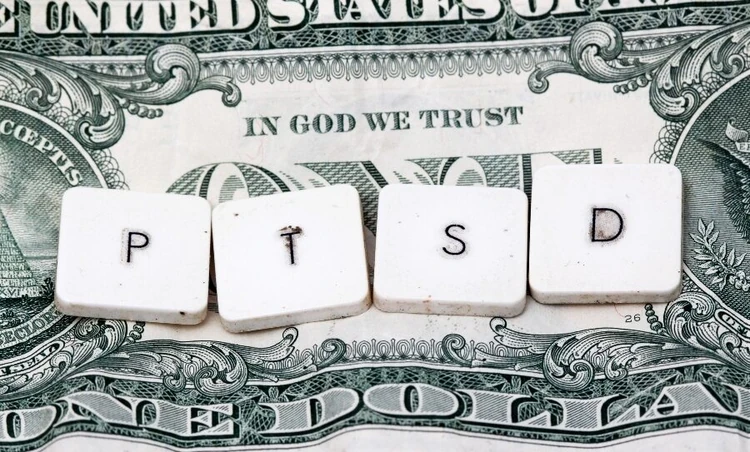A new study conducted by researchers from the Veterans Affairs Research Communications explored the financial impact of post-traumatic stress disorder (PTSD). The team explained that PTSD creates over $230 billion annually in health care costs, which surpasses the cost of care for any other mental health condition.
“The $232 billion annual economic burden of PTSD in the U.S. demonstrated in this study is staggering and fuels the urgency for public and private stakeholders to work together to discover new and better treatments, reduce stigma, improve access to existing treatments, and expand evidence-based recovery and rehabilitation programs,” the researchers wrote.
The economic burden of PTSD
For the study, the researchers analyzed government publications, insurance claim data, and academic literature to understand the costs related to PTSD. This included information on both civilian and U.S. military populations.
The researchers explained that 2018 was the latest year for which PTSD-related cost data was recorded. That year, the group estimates that total health care costs for PTSD exceeded $232 billion.
The study showed that civilian costs for PTSD totaled nearly $19,000 per person each year. That figure was nearly $26,000 for military personnel. The researchers explained that the burden among civilians comes from unemployment and general health care costs, whereas the use of disability programs is higher among military members.
Not just a military problem
The study showed that all consumers are struggling with PTSD – not just veterans. Civilians account for more than 80% of total PTSD costs, while veterans and active military personnel make up less than 20%.
“Much of the research and legislative response on PTSD has focused on combat-exposed populations due to the high prevalence of the condition among the military population,” the researchers wrote. “However, the military population composed a small proportion of the overall U.S. population with PTSD.
“With the increasing occurrence of national and societal traumatic events around the world, including COVID-19, civil unrest, and climate change, there is mounting concern of an increase in PTSD and burden in the civilian population. As such, the current cost estimate is likely an underestimation given these recent global traumas, the effects of which would not have been captured and are likely to result in increasing negative repercussions.”
Improving PTSD treatment
The goal moving forward is to improve treatment and rehabilitation programs for consumers struggling with PTSD. As these efforts get stronger, the researchers say the economic burden that is linked to the condition will likely decrease.
“Experts agree that there is a long-standing crisis in pharmacologic drug development for the treatment of PTSD, as no medication has been FDA-approved for PTSD since the only two marketed agents were approved 20 years ago,” the researchers explained.
“A burden that is often ignored in economic calculations is the cost for psychotherapy not covered under health plans, which represents a significant out-of-pocket [expense] for someone with PTSD, as demonstrated in the current study.”
